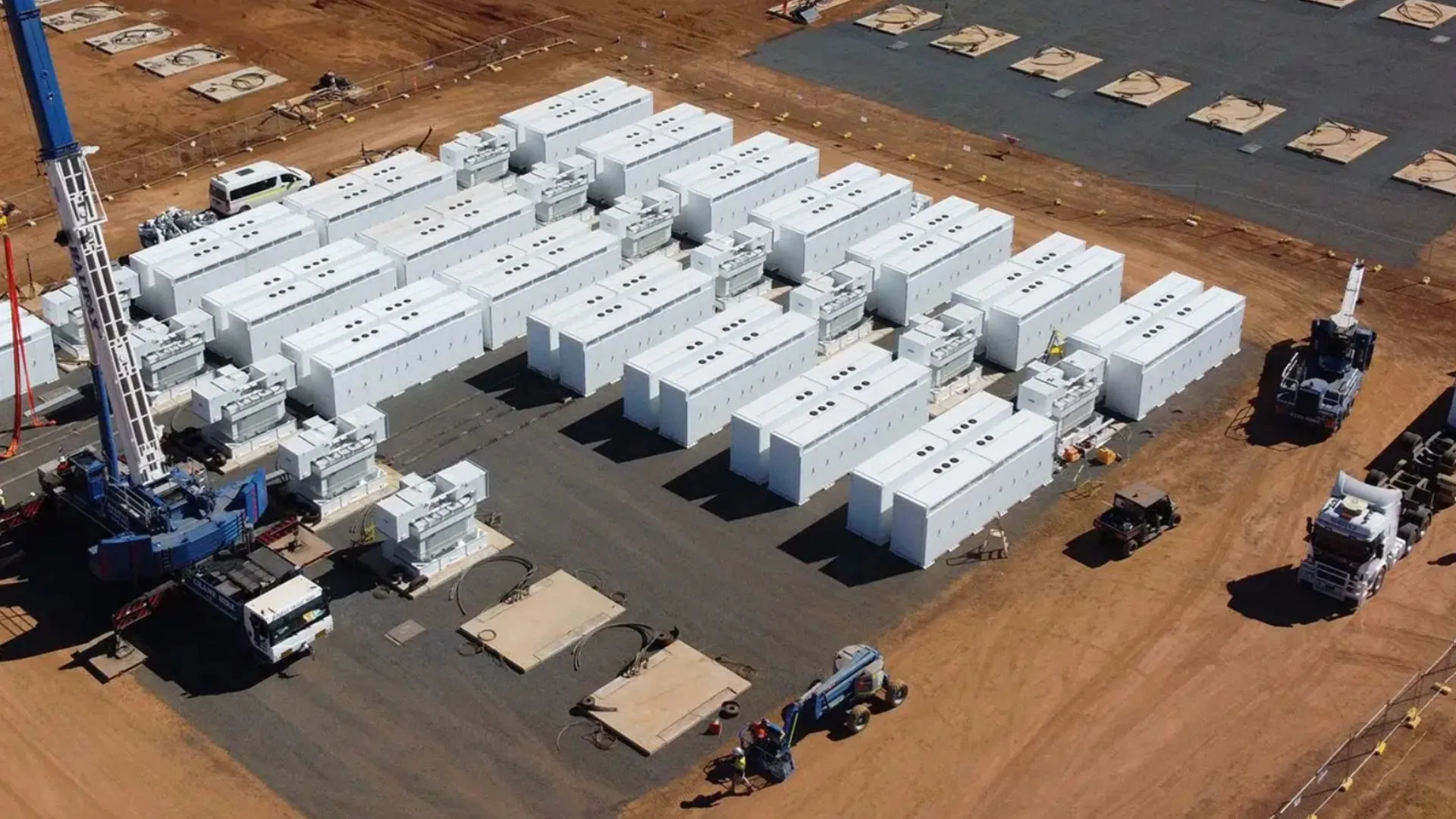Aqueous Batteries: The Future of Renewable Energy Storage

The Rise of Aqueous Battery Technology
Aqueous batteries are emerging as a groundbreaking solution for energy storage, leveraging the power of water-based systems. Recent investments from the Department of Energy (DOE) bolster this innovative field, aiming to secure a sustainable future with renewable energy sources.
Significance of the Funding
With an impressive $62.5 million backing, the Aqueous Battery Consortium—including Stanford University and SLAC—is tasked with advancing technology that can meet grid-scale energy storage demands.
- The implementation of aqueous batteries targets improving stability and sustainability.
- These innovations promise to enhance energy efficiency across the board.
Looking Ahead: A New Era of Energy Storage
By focusing on aqueous batteries, researchers are steering towards a future where renewable energy is more accessible and practical for large-scale use.
This article was prepared using information from open sources in accordance with the principles of Ethical Policy. The editorial team is not responsible for absolute accuracy, as it relies on data from the sources referenced.